Climate change: More than 1 in 10 species could go extinct by century’s end
Climate change and habitat degradation will cost extinctions of more than a tenth of earth's plant and animal species by the end of the century, according to a new study.
The research journal published on Friday, in Science Advances indicates a horror of co-extinctions, leading to chain-reaction extinctions that become unavoidable as predators continue losing their prey and parasites their hosts, as they succumb to climate change.
"Think of a predatory species that loses its prey to climate change. The loss of the prey species is a 'primary extinction' because it succumbed directly to a disturbance. But with nothing to eat, its predator will also go extinct (a 'co-extinction'),” said co-author Corey Bradshaw, a Professor at Flinders University.
“Imagine a parasite losing its host to deforestation, or a flowering plant losing its pollinators because it becomes too warm. Every species depends on others in some way," he added.
With the help of one of Europe's most-powerful supercomputers, Professor Bradshaw and Dr. Giovanni Strona, a scientist at University of Helsinki used the tool to create synthetic Earths complete with virtual species and more than 15,000 food webs to predict the interconnected fate of species that will likely disappear from the ravages of climate and land-use changes.
“The model reveals that the extreme toll of global change for vertebrate diversity might be of secondary importance compared to the damages to ecological network structure,” the journal read.
"We have populated a virtual world from the ground up and mapped the resulting fate of thousands of species across the globe to determine the likelihood of real-world tipping points," co-author Dr. Strona explained.
"We can then assess adaptation to different climate scenarios and interlink with other factors to predict a pattern of co-extinctions.”
By 2100, losses of animals and plants could rise to as much as 27 percent, the research paper alarmed.
“Children born today who live into their 70s can expect to witness the disappearance of literally thousands of plant and animal species, from the tiny orchids and the smallest insects, to iconic animals such as the elephant and the koala … all in one human lifetime," Professor Bradshaw warned.
He says even more frightening is that co-extinctions will raise the total extinction rate of the most vulnerable species by up to 184% by the end of the century.
He further added that despite a general appreciation that climate change is now a major driver of extinctions globally; the new analysis demonstrates clearly that we have so far underestimated its true impacts on the diversity of life on Earth. Without major changes in human society, we stand to lose much of what sustains life on our planet.
The authors predict that the main changes in flora and fauna will reflect before mid-century.
"The bleakest time for natural communities might be imminent and that the next few decades will be decisive for the future of global biodiversity."
The long-term shifts in temperatures and weather patterns caused due to an immense fossil fuel usage have led humans and animals to face new challenges for survival.
Currently, approximately 84 percent of the world’s energy needs are met from the usage of fossil fuels, especially oil.
In 2021, the world consumed nearly 490 exajoules of fossil fuels that amounts to an unfathomable figure of epic proportions.
The US and China top in fossil fuel consumption, according to a data, an average American consumes at least 23 barrels of petroleum every year.
With trillions of dollars invested every year into establishing wars, strengthening military and warfare technologies by developed nations, they still have not come up with a concrete solution to end complete dependency on fossil fuels.
UK arrests Press TV contributor amid crackdown on pro-Palestine activism
VIDEO | Axis of Resistance stands as multinational front for justice
Swiss academics call for end to research treaty with Israel over Gaza genocide
VIDEO | Israeli regime harasses, tortures Gazans returning through Rafah crossing
Israel faces existential threat of internal collapse before centenary, general says
Police fire tear gas as protests erupt against ICE and Israel at Milan Winter Olympics
UK PM’s chief of staff resigns over appointment of Epstein associate as US envoy
Iran leads Islamic world in electric vehicle motor technology


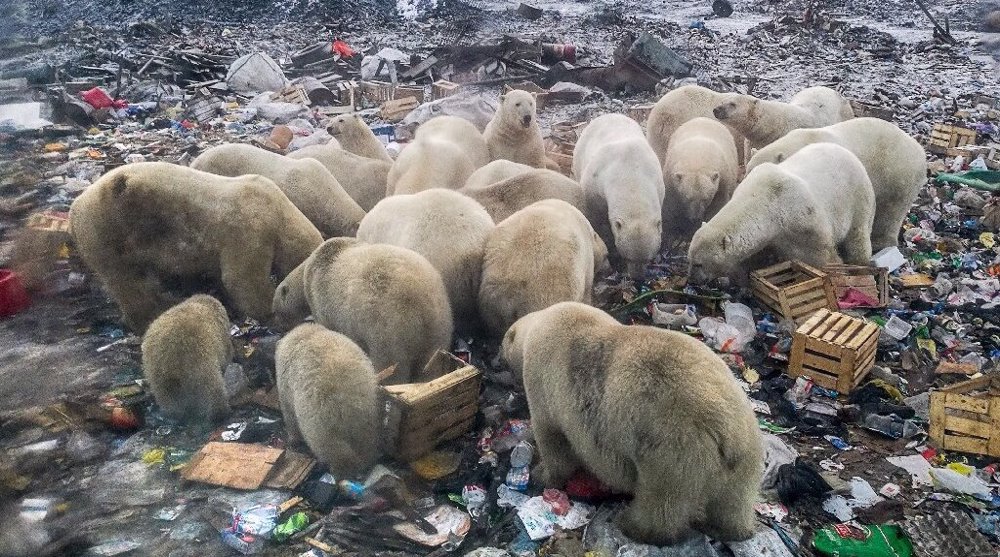






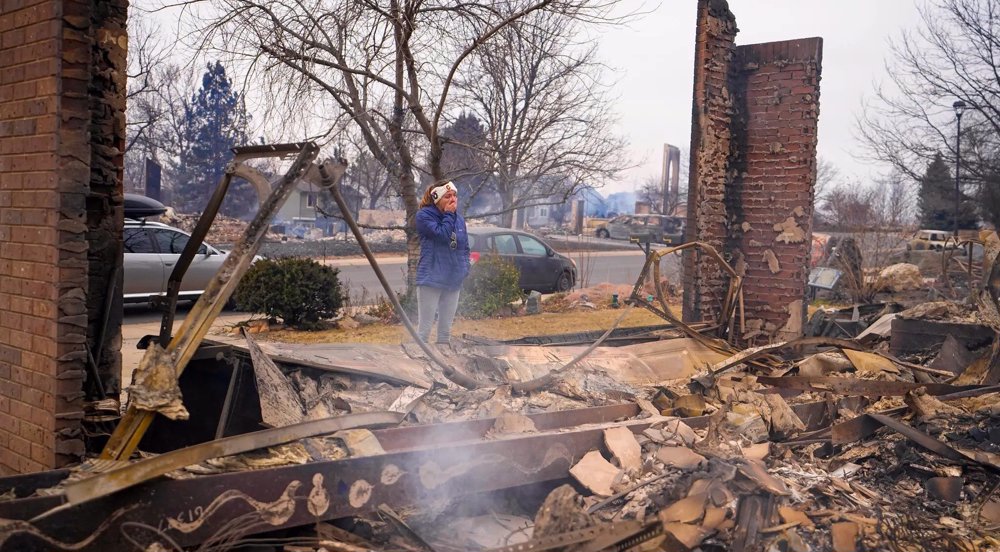

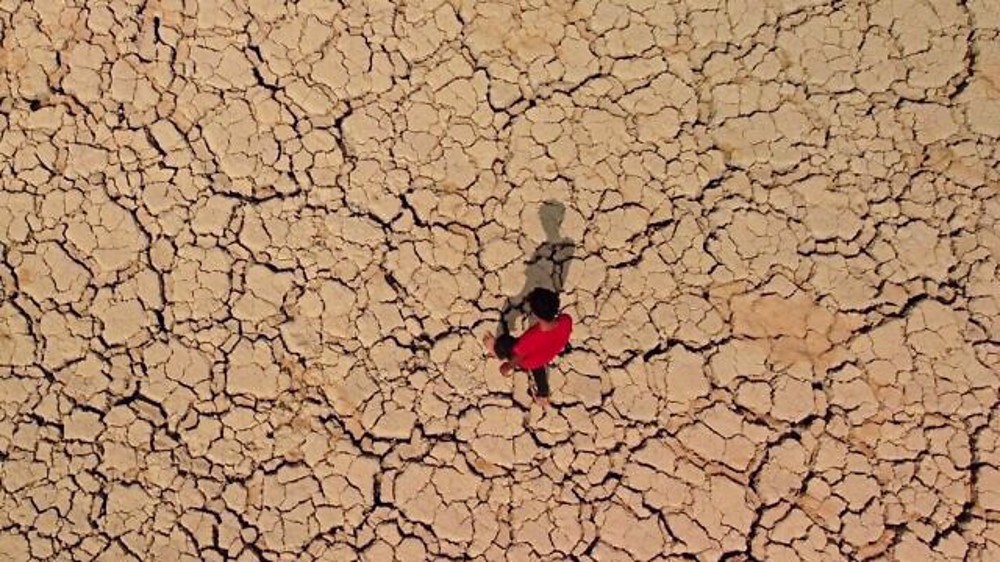
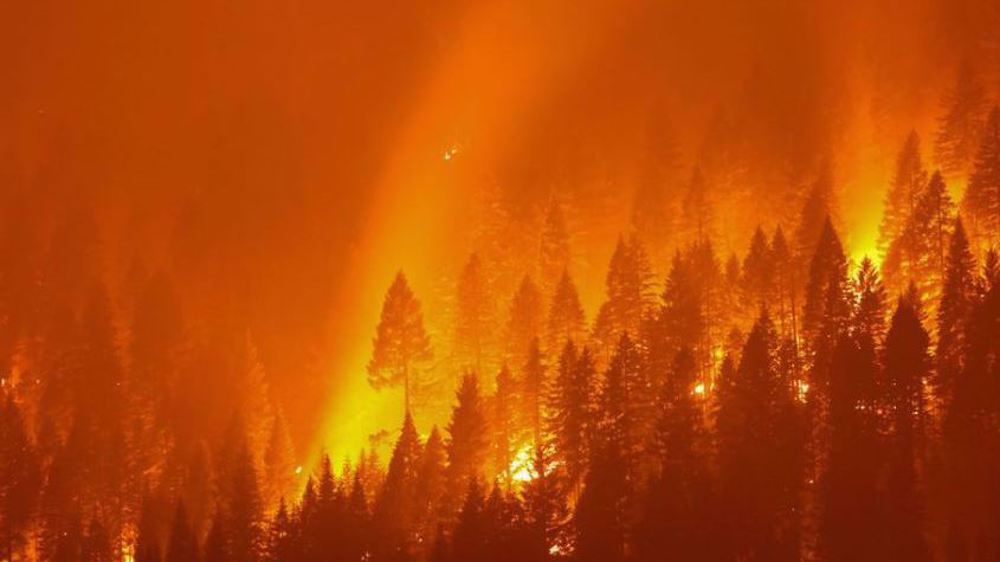


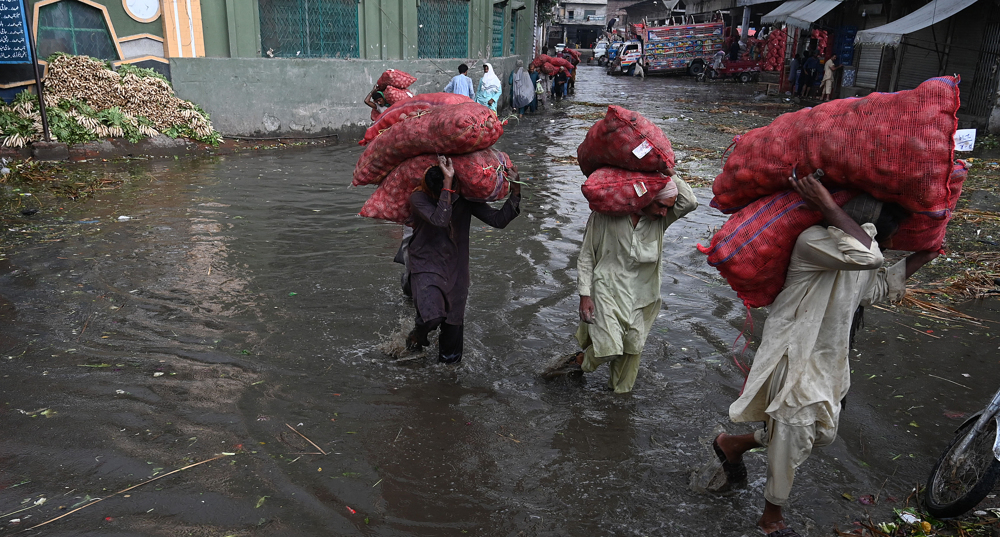

 This makes it easy to access the Press TV website
This makes it easy to access the Press TV website